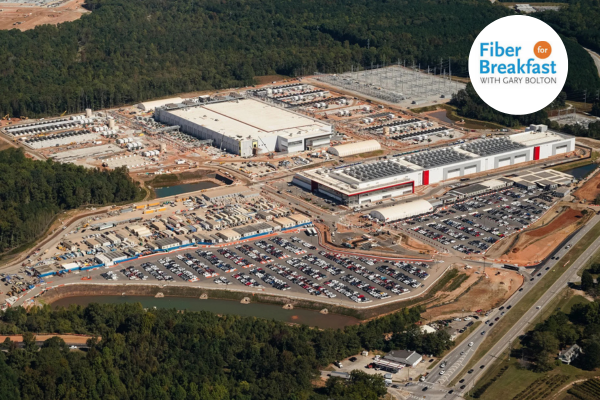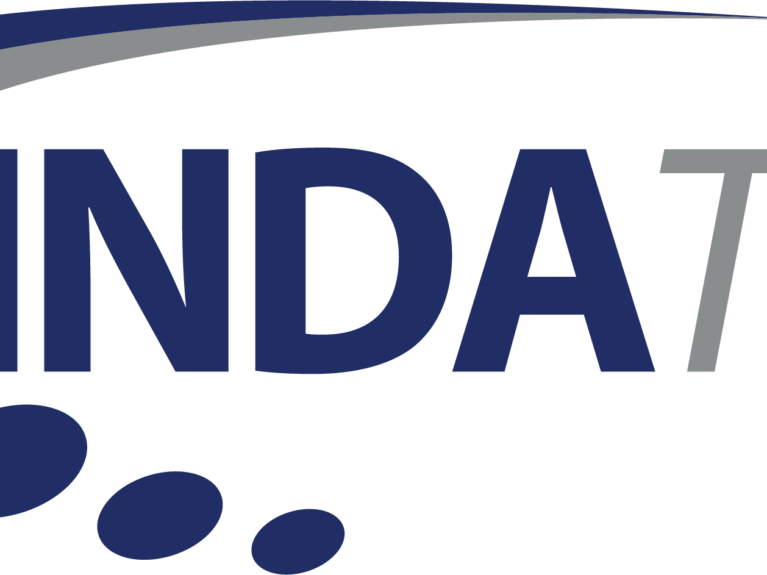PHLConnectED, Philly Empowered: Linking Families to Opportunity
PHLConnectED, Philly Empowered: Linking Families to Opportunity
Philadelphia is tackling the digital divide with determination and innovation, led by trailblazers like Juliet Fink Yates, the city’s Broadband and Digital Inclusion Manager. With over two decades of experience in digital equity, Juliet has played a pivotal role in transforming access to broadband, devices, and digital literacy across the city—especially for low-income families.
Her journey began in 2001 when she managed a nonprofit ISP serving 10,000 low-income Philadelphia residents. In 2010, she co-authored a broadband stimulus grant that secured $5.4 million to set up 77 public computer centers. As a founding member of the Technology Learning Collaborative, Philadelphia’s first professional development group for digital literacy practitioners, Juliet laid the groundwork for citywide progress in digital access.
Since joining the City of Philadelphia’s Office of Innovation and Technology in 2020, Juliet has spearheaded five cornerstone programs that collectively make up the city’s digital equity framework. Her leadership of the Digital Literacy Alliance (DLA) is especially noteworthy. Established through a Comcast franchise agreement, the DLA serves as a seed fund for digital inclusion initiatives, awarding small grants to local organizations with cutting-edge solutions.
One of the DLA’s hallmark contributions was launching the Digital Navigator Network during the COVID-19 pandemic. These navigators act like digital case managers, offering personalized, one-on-one support to help residents access internet service, obtain devices, and enroll in digital skills training. This initiative alone has helped more than 6,000 residents navigate the digital landscape.

Another major accomplishment is PHLConnectED, a citywide initiative that has provided free or subsidized internet access to over 23,000 households with students pre-K to 12th grade. The program relied on partnerships with Comcast, T-Mobile, United Way, and over 68 schools and educational institutions. The program also distributed thousands of laptops to families who lacked a large-screen device at home—something Juliet emphasizes as critical for meaningful digital participation, such as job applications, homework, and benefits enrollment.
In parallel, Philadelphia has made major strides in providing free public Wi-Fi. Through the city’s franchise agreement with Verizon, high-speed symmetrical gigabit internet has been installed in 78 Parks and Recreation centers, with a goal of covering all 180 sites. These spaces now offer residents free access via the Meraki Wi-Fi platform, along with a tool called the Philly Free Wi-Fi Finder, making it easy to locate active hotspots throughout the city. A complementary dashboard also tracks progress and metrics, supporting informed decision-making and transparency.
Philadelphia is also addressing the need for hardware and digital skills through its Power Up Tour, a citywide initiative where residents can receive a free laptop, attend digital safety training, and access ongoing digital literacy programs. The events, held in each of the city’s 10 council districts, aim to empower residents with the tools they need to thrive in the digital economy.
However, Juliet underscores that connectivity alone isn’t enough. As federal programs like the Affordable Connectivity Program (ACP) end, she warns of increasing vulnerability. Over 185,000 Philadelphia residents benefitted from ACP, and the city is already seeing people fall behind on payments or lose service. Juliet calls for sustainable, flexible funding models—including emergency subsidies similar to those used by utilities—to help keep residents connected.
Beyond affordability, the distinction between smartphones and laptops remains a critical factor in digital equity. While most residents prioritize maintaining a mobile phone, Juliet stresses that smartphones can’t replace laptops when it comes to tasks like job applications or schoolwork. That’s why Philadelphia’s programs continue to focus on distributing full-sized devices to those who need them most.
Juliet’s work is deeply collaborative, grounded in strong partnerships with ISPs like Comcast and Verizon. Through negotiated franchise agreements, the city has been able to unlock infrastructure investments and service discounts that benefit the broader public.
With events like the 2026 FIFA World Cup and the U.S. Semi quincentennial on the horizon, public Wi-Fi and digital inclusion take on even greater importance for Philadelphia. As Juliet notes, internet access today is more than a convenience—it’s the foundation of access to education, employment, health care, and civic participation.
Through her leadership and the City of Philadelphia’s comprehensive approach, the city is proving that digital equity isn’t just a goal—it’s an essential component of a thriving, inclusive future.
Click here to listen to the full episode or find previous episodes of Fiber for Breakfast.
Click here to view the slides presented during today’s episode.
More Resources:
Philly Free Wi-Fi Finder: https://www.phila.gov/wifi/
Philly Free Wi-Fi Dashboard: https://www.phila.gov/2025-04-04-explore-the-philly-free-wi-fi-dashboard-the-office-of-innovation-and-technology-is-tracking-the-progress-of-the-verizon-inet-renewal-agreement-live/




